- Country
- Travel Package
- Blogs
- Contact Us
-
- Dashboard
- Booked List
- Wishlist
- Login

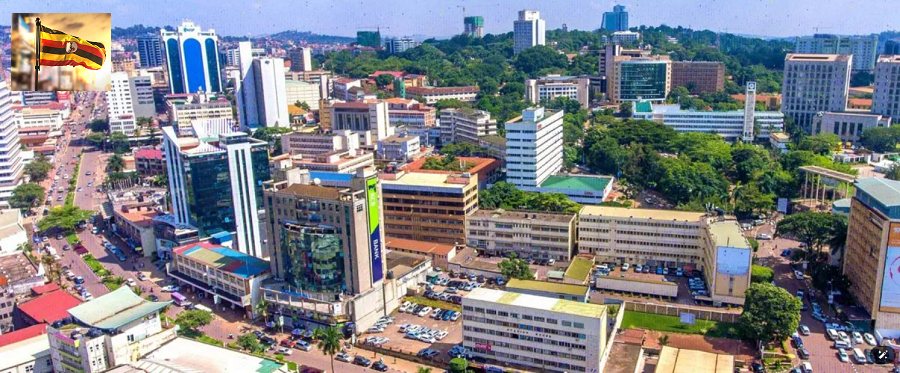
Situated on the northern shores of Lake Victoria, Kampala is characterized by its hilly terrain and lush greenery. Kampala, the capital and largest city of Uganda, is located in the central part of the country, near the shores of Lake Victoria. Known for its rolling hills, vibrant culture, and rapidly developing infrastructure, Kampala serves as the economic, political, and cultural heart of Uganda. With a population of over 1.5 million people, it’s a bustling metropolis that combines the old and the new, blending traditional Ugandan heritage with the modern influences of a growing urban center.
Originally a small fishing village, Kampala grew into a significant urban center during British colonial rule in the late 19th century. The name "Kampala" is derived from the local term for the hill where the impalas grazed.
Kampala is famously built on seven hills, with each hill offering a unique vantage point of the city and surrounding areas. The cityscape includes a mix of dense urban areas, green spaces, and neighborhoods that range from informal settlements to affluent areas. The city’s proximity to Lake Victoria adds to its charm, providing opportunities for scenic views and recreational activities.
Kampala is a melting pot of cultures and traditions, reflecting Uganda’s rich ethnic diversity. The city is a lively hub for music, dance, art, and food. Traditional Ugandan music and dance, such as the energetic drum performances, coexist alongside modern genres like hip hop and reggae. Local markets, such as Nakasero and Owino, offer an array of goods, from fresh produce to crafts, making them essential parts of the city’s daily rhythm.
Ugandan cuisine, particularly the famous "matoke" (plantains), "posho" (maize porridge), and "luwombo" (a traditional dish with meat and vegetables), is a big part of the city's food culture. Street food is also popular, with vendors selling everything from fried chicken to rolex, a local dish made of eggs, vegetables, and chapati.
Kampala is Uganda's economic hub, housing the majority of the country’s businesses, industries, and institutions. Its economy is diverse, with sectors such as manufacturing, commerce, finance, technology, and tourism driving its growth. The city is home to many regional headquarters for international companies, making it a key player in East Africa’s economic landscape.
Kampala has seen significant growth and development over the past few decades. The city's infrastructure is constantly improving, with new roads, buildings, and urban planning projects. However, the rapid urbanization has brought challenges, such as traffic congestion, inadequate public transportation, and a need for better waste management and sanitation.
Despite these challenges, efforts are being made to modernize the city, including the introduction of a bus rapid transit system and other public transportation initiatives. In addition, new commercial developments, like shopping malls and office complexes, are making Kampala an attractive destination for investors.
Kampala is home to some of Uganda’s top universities, including Makerere University, which is one of the oldest and most prestigious institutions in Africa. The city also boasts a variety of schools and colleges, catering to both local and international students.
In terms of healthcare, Kampala has a number of public and private hospitals, including the Mulago National Referral Hospital. However, like many other parts of Uganda, access to quality healthcare can be uneven, with rural areas facing more significant challenges.
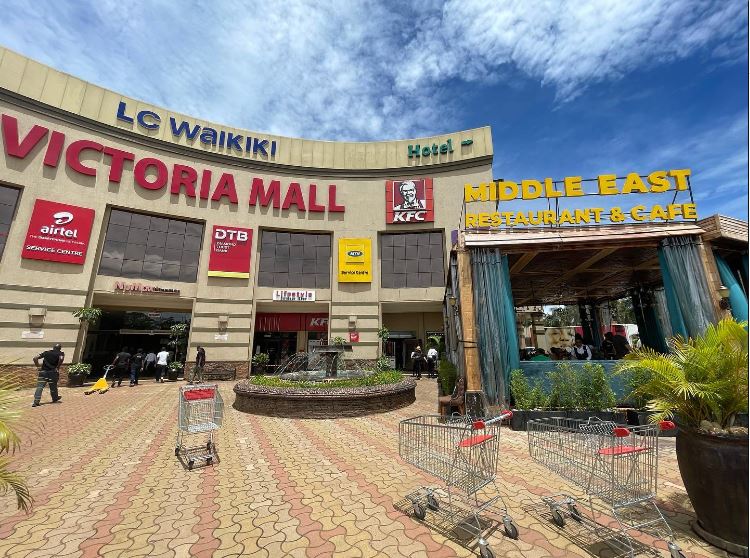
Victoria Mall, located in Entebbe, Uganda, is a prominent shopping and leisure destination. The Mall is located just beside Entebbe to Kampala express way.
Read More ...
Reptile Village in Entebbe, Uganda, is a unique attraction dedicated to the conservation and education of reptiles. It serves as a sanctuary for various species, including snakes, lizards, and tortoises, many of which are native to Uganda. The village aims to dispel myths and fears surrounding reptiles by providing visitors with the opportunity to learn about these often-misunderstood creatures.
Read More ...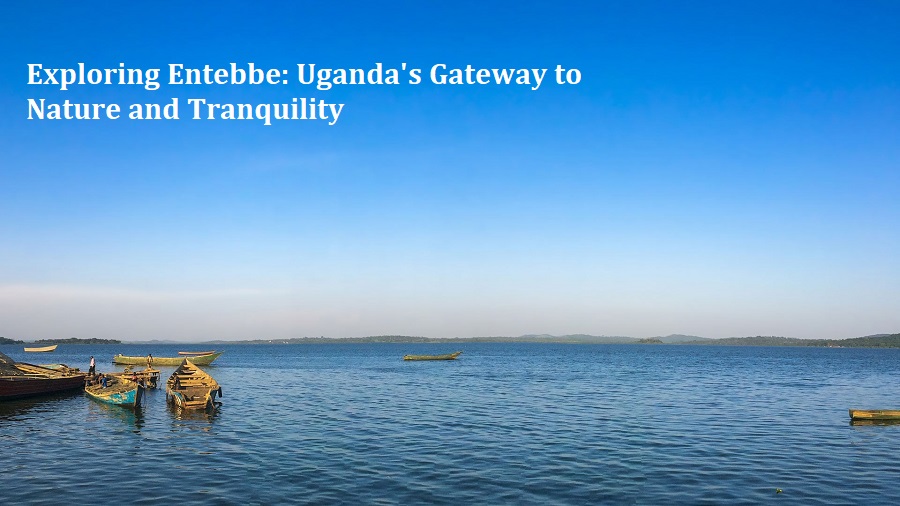
Entebbe is a picturesque city located on the shores of Lake Victoria in Uganda. It is known for its rich history, beautiful landscapes, and as a gateway to the country. Here’s a closer look at what makes Entebbe special.
Read More ...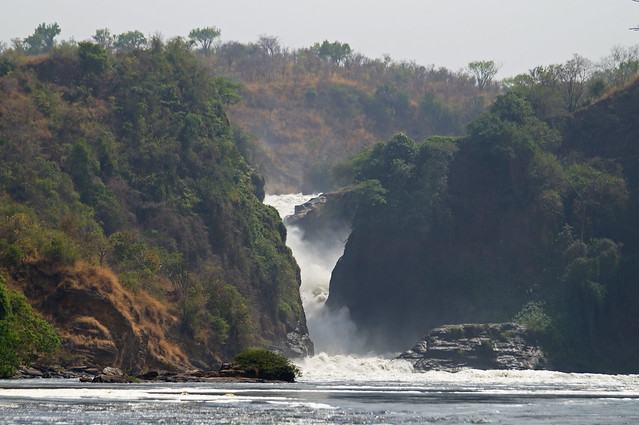
Nestled in the heart of Uganda, Murchison Falls is one of the country's hidden gems, offering a stunning display of nature's beauty and a tranquil escape from the hustle and bustle of urban life. This breathtaking waterfall, surrounded by lush greenery and diverse wildlife, provides a perfect destination for nature enthusiasts, adventure seekers, and anyone looking to unwind in a serene environment.
Read More ...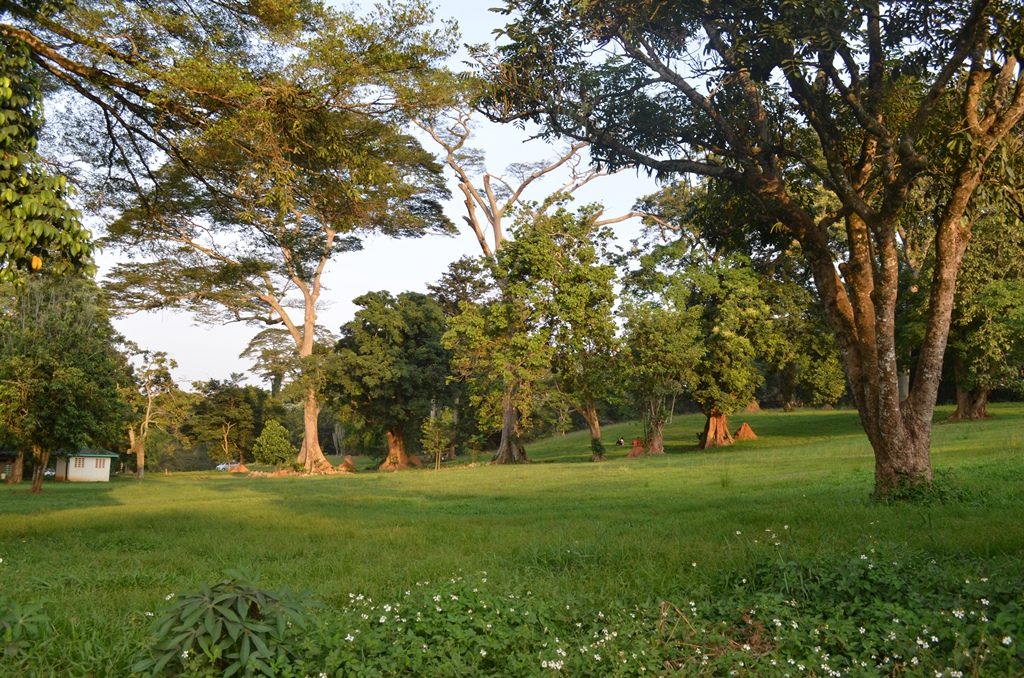
The Entebbe Botanical Garden is a prominent and captivating garden situated in Entebbe, Uganda. It is nestled on the northern shores of the majestic Lake Victoria and encompasses an area of approximately 40 hectares. This verdant haven is renowned for its rich biodiversity, historical significance, and captivating natural beauty.
Read More ...To find the best hotels and tourist attractions tailored to your travel preferences, please select a country from the list below. Whether you're dreaming of a beach getaway, a cultural adventure, or a city escape, we’re here to help you discover the perfect destination!
Once you make your selection, we’ll provide you with a curated list of top-rated hotels and must-visit tourist spots in your chosen country. Happy travels!